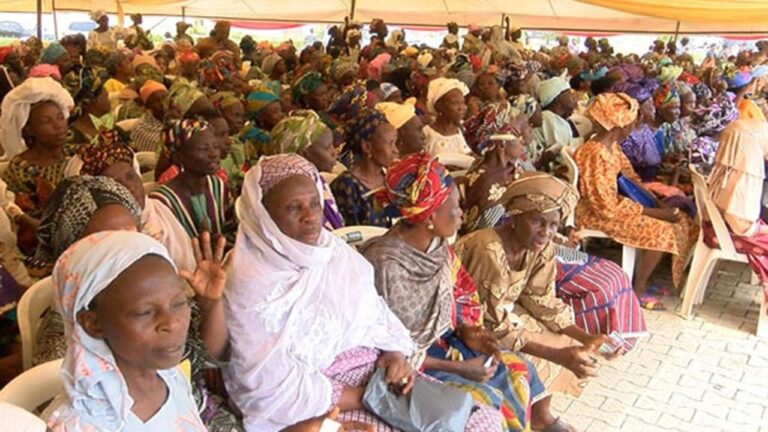Introduction
The plight of widows and orphans in Nigeria is a pressing issue that demands urgent attention. These vulnerable groups face immense challenges that hinder their survival and development.
The Challenges Faced by Widows and Orphans
Nigeria’s socio-economic landscape presents numerous obstacles to the empowerment of widows and orphans. Many widows are often stigmatized and deprived of their rights, which exacerbates their struggles.
Social Stigma and Marginalization
Widows frequently face social stigma that isolates them from their communities. This marginalization leaves them vulnerable to exploitation and increases their reliance on inadequate support systems.
Lack of Access to Education
Orphans in Nigeria are often denied access to quality education due to financial constraints. Without education, the cycle of poverty continues, trapping future generations in the same plight.
The Role of Non-Governmental Organizations
Many organizations are stepping up to address these challenges through various initiatives. These NGOs provide essential services such as healthcare, education, and legal support to widows and orphans.
Providing Financial Assistance
Financial support is crucial for the empowerment of these individuals. Many NGOs offer microloans to widows, enabling them to start businesses and achieve financial independence.
Educational Programs and Scholarships
Educational initiatives aimed at orphans are key to breaking the cycle of poverty. By providing scholarships and vocational training, NGOs help create pathways for a better future.
Community Awareness and Advocacy
Raising awareness about the issues faced by widows and orphans is essential for societal change. Advocacy campaigns conducted by NGOs empower communities to support and uplift vulnerable individuals.
Engaging Local Communities
Community involvement is vital in ensuring sustainable support for widows and orphans. Local partnerships between NGOs and community leaders can pave the way for broader acceptance and assistance.
Changing Cultural Perceptions
Changing deep-rooted cultural perceptions is a long-term goal that NGOs are striving to achieve. Educational programs that address stigma and promote understanding can lead to lasting change.
Conclusion
The fight for the empowerment of widows and orphans in Nigeria is ongoing and requires a collective effort. Supporting initiatives like those mentioned can significantly improve their lives and foster a more inclusive society.
For more information about the situation of widows and orphans in Nigeria and how you can help, visit this link.

